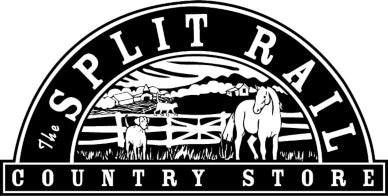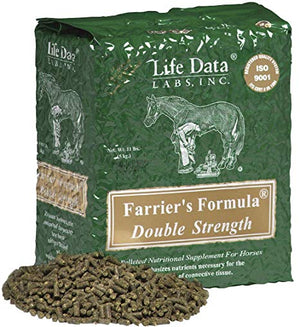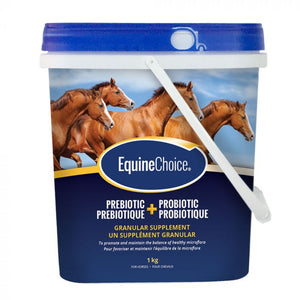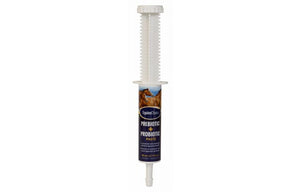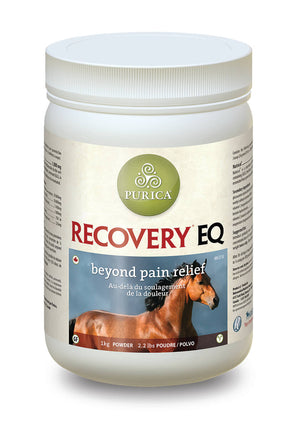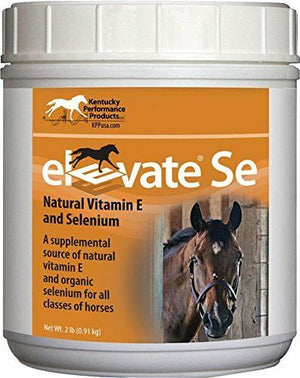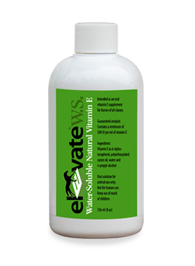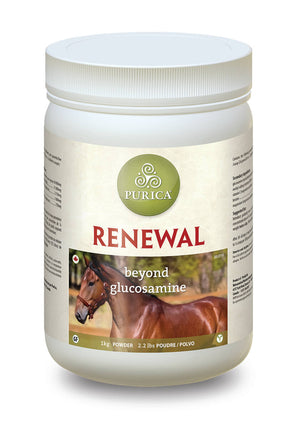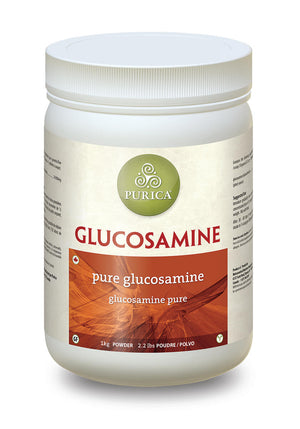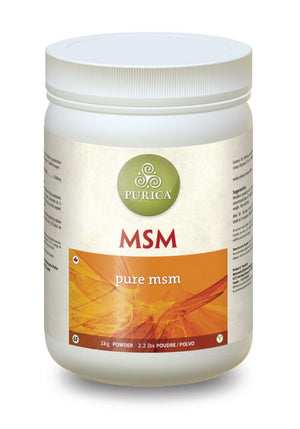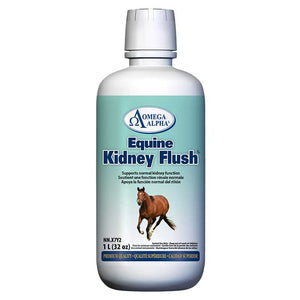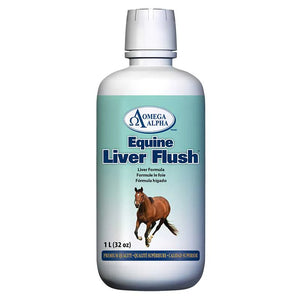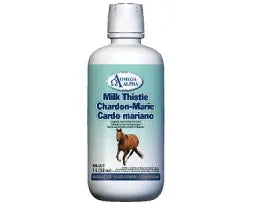{"id":7298143748155,"title":"Mad Barn Magnesium","handle":"mad-barn-magnesium","description":"\u003cp\u003e\u003cstrong\u003eMad Barn’s magnesium oxide powder\u003c\/strong\u003e\u003cspan\u003e \u003c\/span\u003eis a macromineral supplement that supports equine\u003cspan\u003e \u003c\/span\u003e\u003cstrong\u003emood balance\u003c\/strong\u003e, performance, muscle function and\u003cspan\u003e \u003c\/span\u003e\u003cstrong\u003emetabolic health\u003c\/strong\u003e.\u003c\/p\u003e\n\u003cp\u003eMagnesium plays many roles in the horse’s body. It is involved in the\u003cspan\u003e \u003c\/span\u003e\u003cstrong\u003eformation of bone\u003c\/strong\u003e\u003cspan\u003e \u003c\/span\u003eand protein synthesis, helps to maintain\u003cspan\u003e \u003c\/span\u003e\u003cstrong\u003eelectrolyte balance\u003c\/strong\u003e, influences\u003cspan\u003e \u003c\/span\u003e\u003cstrong\u003enervous system\u003c\/strong\u003e\u003cspan\u003e \u003c\/span\u003eregulation and is a co-factor for a number of enzymes.\u003c\/p\u003e\n\u003cp\u003eThis product is commonly used as an\u003cspan\u003e \u003c\/span\u003e\u003cstrong\u003eequine calming supplement\u003c\/strong\u003e. In one study, researchers in Australia fed\u003cspan\u003e \u003c\/span\u003e\u003cstrong\u003e10 grams of added magnesium\u003c\/strong\u003e\u003cspan\u003e \u003c\/span\u003eto horses (21 g total magnesium content in the diet) and observed a\u003cspan\u003e \u003c\/span\u003e\u003cstrong\u003esedative-like calming effect\u003c\/strong\u003e\u003cspan\u003e \u003c\/span\u003ethat was comparable to a 0.04mg\/kg bodyweight dosage of Acepromazine.\u003c\/p\u003e\n\u003cp\u003eAccording to the NRC, horses at maintenance require\u003cspan\u003e \u003c\/span\u003e\u003cstrong\u003e15 mg per kg of bodyweight\u003c\/strong\u003e\u003cspan\u003e \u003c\/span\u003eof magnesium per day. For a 500 kg horse, this is an intake of\u003cspan\u003e \u003c\/span\u003e\u003cstrong\u003e7.5 grams per day\u003c\/strong\u003e. Performance horses or lactating mares require more per day.\u003c\/p\u003e\n\u003cp\u003eLow magnesium levels or deficiency can contribute to\u003cspan\u003e \u003c\/span\u003e\u003cstrong\u003enervousness\u003c\/strong\u003e, depression, abnormal behaviour,\u003cspan\u003e \u003c\/span\u003e\u003cstrong\u003emuscle tremors\u003c\/strong\u003e, lack of coordination,\u003cspan\u003e \u003c\/span\u003e\u003cstrong\u003erespiratory problems\u003c\/strong\u003e, growth failure and more.\u003c\/p\u003e\n\u003cp\u003eMagnesium is an important part of insulin’s ability to act on cells. Links between magnesium deficiency and\u003cspan\u003e \u003c\/span\u003e\u003cstrong\u003einsulin resistance\u003c\/strong\u003e\u003cspan\u003e \u003c\/span\u003ehave been shown in humans and rodents but remain to be confirmed in horses. Magnesium supplementation may lessen abnormal fat deposits such as\u003cspan\u003e \u003c\/span\u003e\u003cstrong\u003ecresty neck\u003c\/strong\u003e\u003cspan\u003e \u003c\/span\u003ewhich could lead to improvements in\u003cspan\u003e \u003c\/span\u003e\u003cstrong\u003emetabolic health\u003c\/strong\u003e.\u003c\/p\u003e\n\u003cp\u003e\u003cstrong\u003eMagnesium and calcium\u003c\/strong\u003e\u003cspan\u003e \u003c\/span\u003ework together to enable muscle function. Calcium is involved in muscle contraction in horses whereas magnesium is important for\u003cspan\u003e \u003c\/span\u003e\u003cstrong\u003emuscle relaxation\u003c\/strong\u003e. Subclinical deficiency of this mineral in horses can affect muscle relaxation causing muscle spasms.\u003c\/p\u003e\n\u003cp\u003e\u003cstrong\u003eThumps in endurance horses\u003c\/strong\u003e\u003cspan\u003e \u003c\/span\u003ewhich are spasms of the diaphragm can be addressed with magnesium and calcium to improve recovery. Supplementation with this mineral may also help treat\u003cspan\u003e \u003c\/span\u003e\u003cstrong\u003echronic tying-up\u003c\/strong\u003e\u003cspan\u003e \u003c\/span\u003ein horses.\u003c\/p\u003e\n\u003cp\u003e\u003cstrong\u003eMagnesium oxide\u003c\/strong\u003e\u003cspan\u003e \u003c\/span\u003eis the recommended supplemental source of this mineral for horses with good\u003cspan\u003e \u003c\/span\u003e\u003cstrong\u003ebioavailability\u003c\/strong\u003e. Compared to Magnesium Sulfate (Epsom Salts), it is safer and less likely to result in diarrhea.\u003c\/p\u003e\n\u003cp\u003eResearch shows that it is\u003cspan\u003e \u003c\/span\u003e\u003ca href=\"https:\/\/beva.onlinelibrary.wiley.com\/doi\/abs\/10.1111\/j.2042-3306.1980.tb02298.x\" rel=\"noopener\" target=\"_blank\"\u003e\u003cstrong\u003e70% absorbed\u003c\/strong\u003e\u003c\/a\u003e\u003cspan\u003e \u003c\/span\u003efrom the horse’s gastrointestinal tract. While there are other magnesium sources with higher bioavailability, magnesium oxide provides the\u003cspan\u003e \u003c\/span\u003e\u003cstrong\u003ebest value\u003c\/strong\u003e\u003cspan\u003e \u003c\/span\u003efor supplementing your horse’s diet.\u003c\/p\u003e","published_at":"2024-08-23T14:17:51-04:00","created_at":"2024-08-23T14:17:51-04:00","vendor":"The Split Rail Country Store","type":"","tags":[],"price":0,"price_min":0,"price_max":0,"available":true,"price_varies":false,"compare_at_price":null,"compare_at_price_min":0,"compare_at_price_max":0,"compare_at_price_varies":false,"variants":[{"id":41815072079931,"title":"Default Title","option1":"Default Title","option2":null,"option3":null,"sku":"","requires_shipping":true,"taxable":true,"featured_image":null,"available":true,"name":"Mad Barn Magnesium","public_title":null,"options":["Default Title"],"price":0,"weight":0,"compare_at_price":null,"inventory_management":null,"barcode":"","requires_selling_plan":false,"selling_plan_allocations":[]}],"images":["\/\/splitrailcountrystore.com\/cdn\/shop\/files\/Magnesium-Oxide-Horse-Supplement-Mad-Barn.png?v=1724436977"],"featured_image":"\/\/splitrailcountrystore.com\/cdn\/shop\/files\/Magnesium-Oxide-Horse-Supplement-Mad-Barn.png?v=1724436977","options":["Title"],"media":[{"alt":null,"id":24753504059451,"position":1,"preview_image":{"aspect_ratio":1.0,"height":3000,"width":3000,"src":"\/\/splitrailcountrystore.com\/cdn\/shop\/files\/Magnesium-Oxide-Horse-Supplement-Mad-Barn.png?v=1724436977"},"aspect_ratio":1.0,"height":3000,"media_type":"image","src":"\/\/splitrailcountrystore.com\/cdn\/shop\/files\/Magnesium-Oxide-Horse-Supplement-Mad-Barn.png?v=1724436977","width":3000}],"requires_selling_plan":false,"selling_plan_groups":[],"content":"\u003cp\u003e\u003cstrong\u003eMad Barn’s magnesium oxide powder\u003c\/strong\u003e\u003cspan\u003e \u003c\/span\u003eis a macromineral supplement that supports equine\u003cspan\u003e \u003c\/span\u003e\u003cstrong\u003emood balance\u003c\/strong\u003e, performance, muscle function and\u003cspan\u003e \u003c\/span\u003e\u003cstrong\u003emetabolic health\u003c\/strong\u003e.\u003c\/p\u003e\n\u003cp\u003eMagnesium plays many roles in the horse’s body. It is involved in the\u003cspan\u003e \u003c\/span\u003e\u003cstrong\u003eformation of bone\u003c\/strong\u003e\u003cspan\u003e \u003c\/span\u003eand protein synthesis, helps to maintain\u003cspan\u003e \u003c\/span\u003e\u003cstrong\u003eelectrolyte balance\u003c\/strong\u003e, influences\u003cspan\u003e \u003c\/span\u003e\u003cstrong\u003enervous system\u003c\/strong\u003e\u003cspan\u003e \u003c\/span\u003eregulation and is a co-factor for a number of enzymes.\u003c\/p\u003e\n\u003cp\u003eThis product is commonly used as an\u003cspan\u003e \u003c\/span\u003e\u003cstrong\u003eequine calming supplement\u003c\/strong\u003e. In one study, researchers in Australia fed\u003cspan\u003e \u003c\/span\u003e\u003cstrong\u003e10 grams of added magnesium\u003c\/strong\u003e\u003cspan\u003e \u003c\/span\u003eto horses (21 g total magnesium content in the diet) and observed a\u003cspan\u003e \u003c\/span\u003e\u003cstrong\u003esedative-like calming effect\u003c\/strong\u003e\u003cspan\u003e \u003c\/span\u003ethat was comparable to a 0.04mg\/kg bodyweight dosage of Acepromazine.\u003c\/p\u003e\n\u003cp\u003eAccording to the NRC, horses at maintenance require\u003cspan\u003e \u003c\/span\u003e\u003cstrong\u003e15 mg per kg of bodyweight\u003c\/strong\u003e\u003cspan\u003e \u003c\/span\u003eof magnesium per day. For a 500 kg horse, this is an intake of\u003cspan\u003e \u003c\/span\u003e\u003cstrong\u003e7.5 grams per day\u003c\/strong\u003e. Performance horses or lactating mares require more per day.\u003c\/p\u003e\n\u003cp\u003eLow magnesium levels or deficiency can contribute to\u003cspan\u003e \u003c\/span\u003e\u003cstrong\u003enervousness\u003c\/strong\u003e, depression, abnormal behaviour,\u003cspan\u003e \u003c\/span\u003e\u003cstrong\u003emuscle tremors\u003c\/strong\u003e, lack of coordination,\u003cspan\u003e \u003c\/span\u003e\u003cstrong\u003erespiratory problems\u003c\/strong\u003e, growth failure and more.\u003c\/p\u003e\n\u003cp\u003eMagnesium is an important part of insulin’s ability to act on cells. Links between magnesium deficiency and\u003cspan\u003e \u003c\/span\u003e\u003cstrong\u003einsulin resistance\u003c\/strong\u003e\u003cspan\u003e \u003c\/span\u003ehave been shown in humans and rodents but remain to be confirmed in horses. Magnesium supplementation may lessen abnormal fat deposits such as\u003cspan\u003e \u003c\/span\u003e\u003cstrong\u003ecresty neck\u003c\/strong\u003e\u003cspan\u003e \u003c\/span\u003ewhich could lead to improvements in\u003cspan\u003e \u003c\/span\u003e\u003cstrong\u003emetabolic health\u003c\/strong\u003e.\u003c\/p\u003e\n\u003cp\u003e\u003cstrong\u003eMagnesium and calcium\u003c\/strong\u003e\u003cspan\u003e \u003c\/span\u003ework together to enable muscle function. Calcium is involved in muscle contraction in horses whereas magnesium is important for\u003cspan\u003e \u003c\/span\u003e\u003cstrong\u003emuscle relaxation\u003c\/strong\u003e. Subclinical deficiency of this mineral in horses can affect muscle relaxation causing muscle spasms.\u003c\/p\u003e\n\u003cp\u003e\u003cstrong\u003eThumps in endurance horses\u003c\/strong\u003e\u003cspan\u003e \u003c\/span\u003ewhich are spasms of the diaphragm can be addressed with magnesium and calcium to improve recovery. Supplementation with this mineral may also help treat\u003cspan\u003e \u003c\/span\u003e\u003cstrong\u003echronic tying-up\u003c\/strong\u003e\u003cspan\u003e \u003c\/span\u003ein horses.\u003c\/p\u003e\n\u003cp\u003e\u003cstrong\u003eMagnesium oxide\u003c\/strong\u003e\u003cspan\u003e \u003c\/span\u003eis the recommended supplemental source of this mineral for horses with good\u003cspan\u003e \u003c\/span\u003e\u003cstrong\u003ebioavailability\u003c\/strong\u003e. Compared to Magnesium Sulfate (Epsom Salts), it is safer and less likely to result in diarrhea.\u003c\/p\u003e\n\u003cp\u003eResearch shows that it is\u003cspan\u003e \u003c\/span\u003e\u003ca href=\"https:\/\/beva.onlinelibrary.wiley.com\/doi\/abs\/10.1111\/j.2042-3306.1980.tb02298.x\" rel=\"noopener\" target=\"_blank\"\u003e\u003cstrong\u003e70% absorbed\u003c\/strong\u003e\u003c\/a\u003e\u003cspan\u003e \u003c\/span\u003efrom the horse’s gastrointestinal tract. While there are other magnesium sources with higher bioavailability, magnesium oxide provides the\u003cspan\u003e \u003c\/span\u003e\u003cstrong\u003ebest value\u003c\/strong\u003e\u003cspan\u003e \u003c\/span\u003efor supplementing your horse’s diet.\u003c\/p\u003e"}
Mad Barn Magnesium
Related Products
Farrier's Formula Double Strength
Call for Pricing
Equine Choice Prebiotic & Probiotic
Call for Pricing
Equine Choice Prebiotic & Probiotic Paste
Call for Pricing
Recovery EQ
Call for Pricing
KPP Elevate Se - Natural Vitamin E & Selenium
Call for Pricing
KPP Elevate Water-Soluble Natural Vitamin E
Call for Pricing
Purica Renewal
Call for Pricing
Purica Glucosamine HCL
Call for Pricing
Purica MSM
Call for Pricing
Omega Alpha Kidney Flush
Call for Pricing
Omega Alpha Liver Flush
Call for Pricing
Omega Alpha Milk Thistle
Call for Pricing
